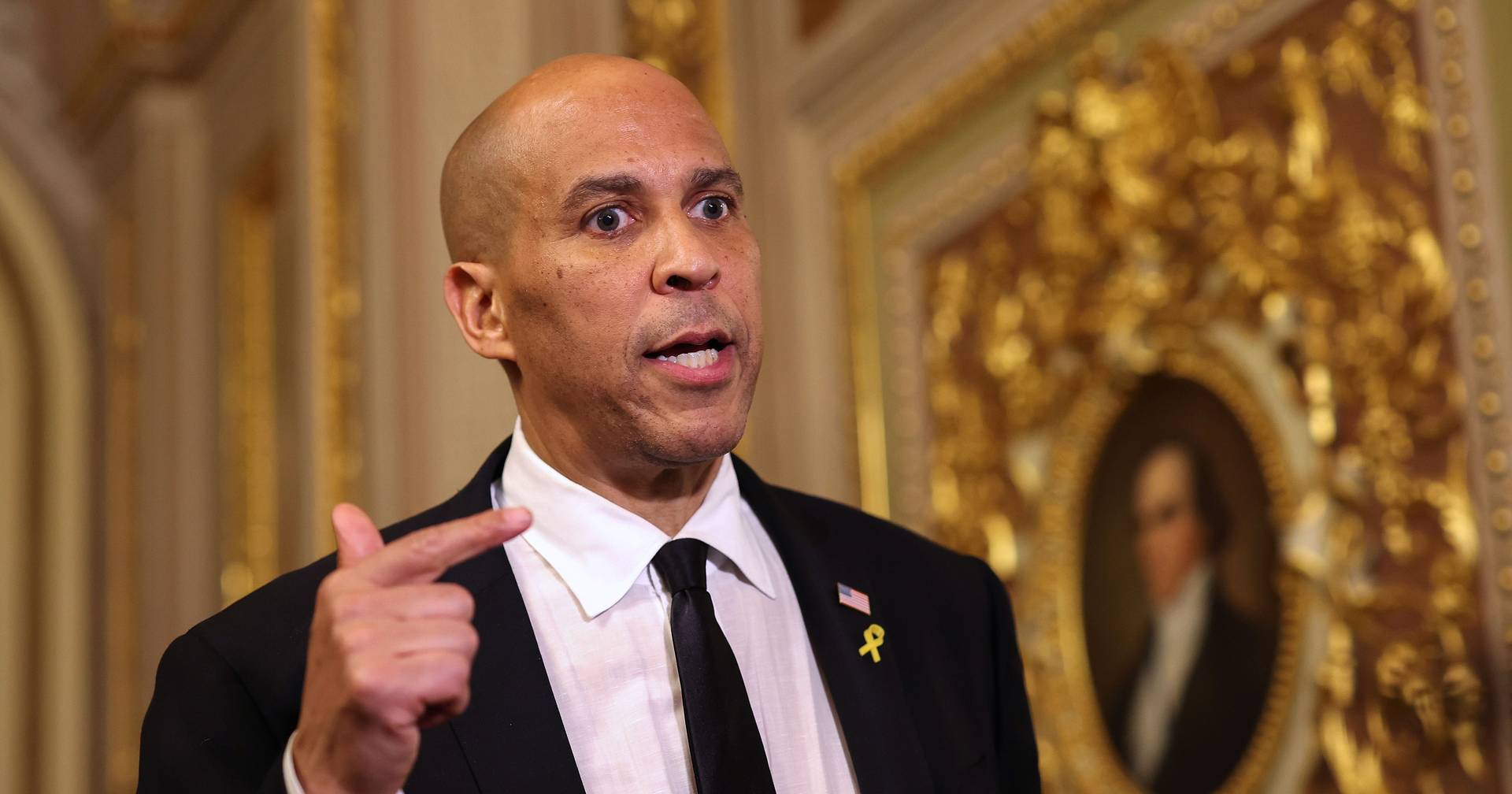Measles Outbreak Sparks Concern in Texas
West Texas faces an escalating measles outbreak, raising alarm as it claims its second child victim within months. Public health is challenged amid controversy over vaccination efforts.
Published April 07, 2025 - 00:04am

Image recovered from vanityfair.com
In West Texas, a growing measles outbreak has resulted in the deaths of two school-age children in recent months, marking the first confirmed measles-related fatalities in the United States in over a decade. The outbreak, which has expanded beyond Texas to neighboring states such as Oklahoma and New Mexico, threatens to jeopardize the country's measles elimination status achieved in 2000. Amidst this public health crisis, the safety and efficacy of vaccines are being scrutinized by certain voices, including Health Secretary Robert F. Kennedy Jr., a known vaccine skeptic.
The outbreak first made headlines in February when a six-year-old girl succumbed to complications from measles in Lubbock, Texas. This was followed by the tragic death of an eight-year-old girl, also in Lubbock, as the virus continued its aggressive spread. As of now, Texas has reported over 480 cases of measles, with surrounding states experiencing additional cases. This public health emergency has drawn comparisons to historical measles outbreaks, where one to two deaths could occur per thousand infected children, a statistic underscored by the Centers for Disease Control and Prevention (CDC).
Health Secretary Kennedy's role in the ongoing crisis has been widely debated. Known for his controversial stance on vaccines, Kennedy's trip to attend the funeral of the recently deceased child in Lubbock underscores the complexity of responses to this outbreak. His administration's decision to cut more than $2 billion from immunization grants has sparked criticism amidst a surge in vaccine-preventable diseases, including this recent measles outbreak. As misinformation about alternative treatments continues to circulate, public health officials urge the public to trust established vaccines, such as the measles, mumps, and rubella (MMR) vaccine, which has a proven efficacy rate of 97% after two doses.
In Texas, local health departments are grappling with the ongoing challenges posed by this outbreak. Unvaccinated individuals, including many children, are central to the virus's spread, making widespread vaccination efforts more crucial than ever. Some parents in West Texas have reportedly organized 'measles parties' in hopes of intentionally exposing their children to the virus to build natural immunity, further complicating containment efforts. Furthermore, a CDC team has been deployed in Texas to assist with outbreak management, highlighting the federal level's commitment to controlling this surge.
Globally, measles is experiencing a concerning resurgence, particularly in Europe, where it reached a 25-year high. This trend highlights the contagious nature of the virus, known for its airborne persistence of up to two hours. The situation in the United States mirrors global patterns, emphasizing the need for robust vaccination campaigns and public awareness initiatives to prevent the further spread of the virus.
Overall, while the outbreak in Texas poses significant public health challenges, it also serves as a potent reminder of the importance of vaccination in disease prevention efforts. Public health experts continue to stress the urgency of containing the outbreak to preserve the nation's health infrastructure and prevent additional loss of life. The dialogue surrounding vaccination, bolstered by contrasting views from influential figures, adds layers of complexity to an already critical issue.
The coming months will be vital in determining the trajectory of this outbreak. With national and international attention focused on Texas, the state's response may provide insights and lessons for global public health management in preventing future epidemics.







